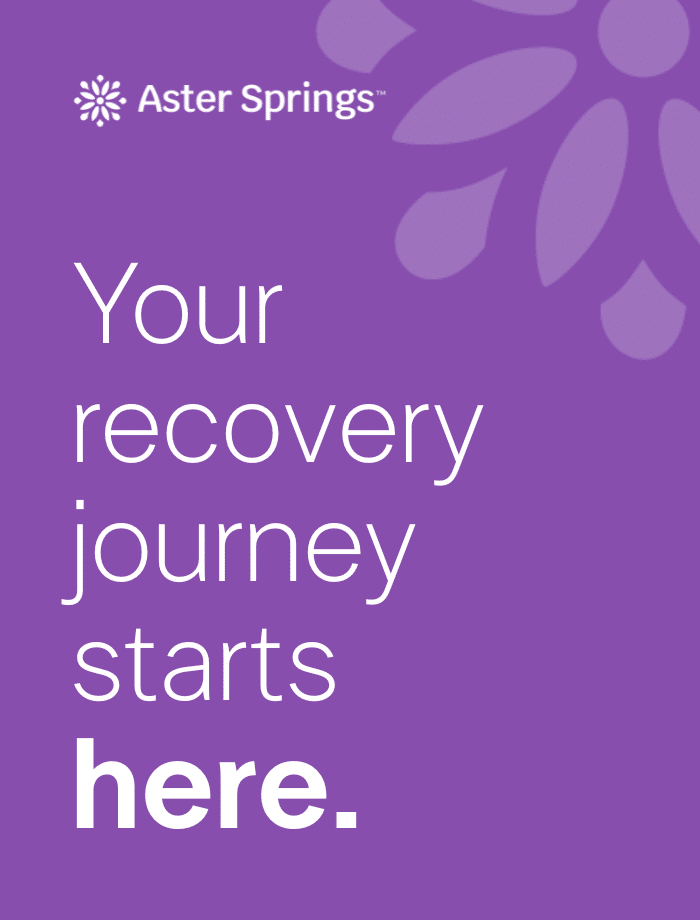Am I, or someone I love, at risk of developing an eating disorder?
This isn’t a question we ask ourselves to explore dark possibilities but to avoid them. After all, when it comes to potential problems, awareness is key. We can stop an eating disorder before it starts. And we can save ourselves—or our loved ones—from a world of heartache.
Today we will look at the biological, emotional, and situational risks associated with eating disorders. And if, as you read through the list, you recognize the characteristics in yourself, your spouse, a sibling, a friend, or your child, take a deep breath.
Your first instinct may be to attack all the things: change your eating habits completely, hold an intervention for a friend, or rush your child off to see a specialist. We’d encourage you, instead, to start with that deep breath. And then reach out for guidance. Our trained staff can walk you through assessments and action plans for a lifetime of health and wholeness.
For now, let’s look at the common risk factors for developing an eating disorder, as discussed by nationaleatingdisorders.org. (1)
Family History
If you have a close relative who suffers from an eating disorder, you are more likely to develop one yourself. Eating disorders are also more likely for people whose family members suffer from a mental health condition like anxiety, depression, or addiction.
Family heritage also plays a role. If your family experienced pressure to westernize after moving from your home country, or if your people group suffered trauma, the trickle-down effect of these occurrences may make you more prone to developing an eating disorder.
Personal History
Years of dieting puts you at risk for developing binge eating disorder, while a tendency toward perfectionism or inflexibility can lead to anorexia or bulimia. Isolation from friends and family tends to occur before the start of an eating disorder.
Anxiety issues make a person more likely to suffer from anorexia, in particular, as well as other eating disorders. And about 25% of women with type 1 diabetes end up managing insulin in a way that causes an eating disorder.
Body Image Issues
Of course, one of the most well-known reasons for developing an eating disorder comes down to body image issues. A person who endures high levels of dissatisfaction with their body is at an understandable level of risk.
Body image issues that may lead to eating disorders also include teasing or outright bullying related to size, buying into the belief that there is an ideal body type, and receiving and believing the message that good people are thin.
If you recognize these risk factors in yourself or someone you love, reach out for guidance. Find the location nearest you today.
Resources:


